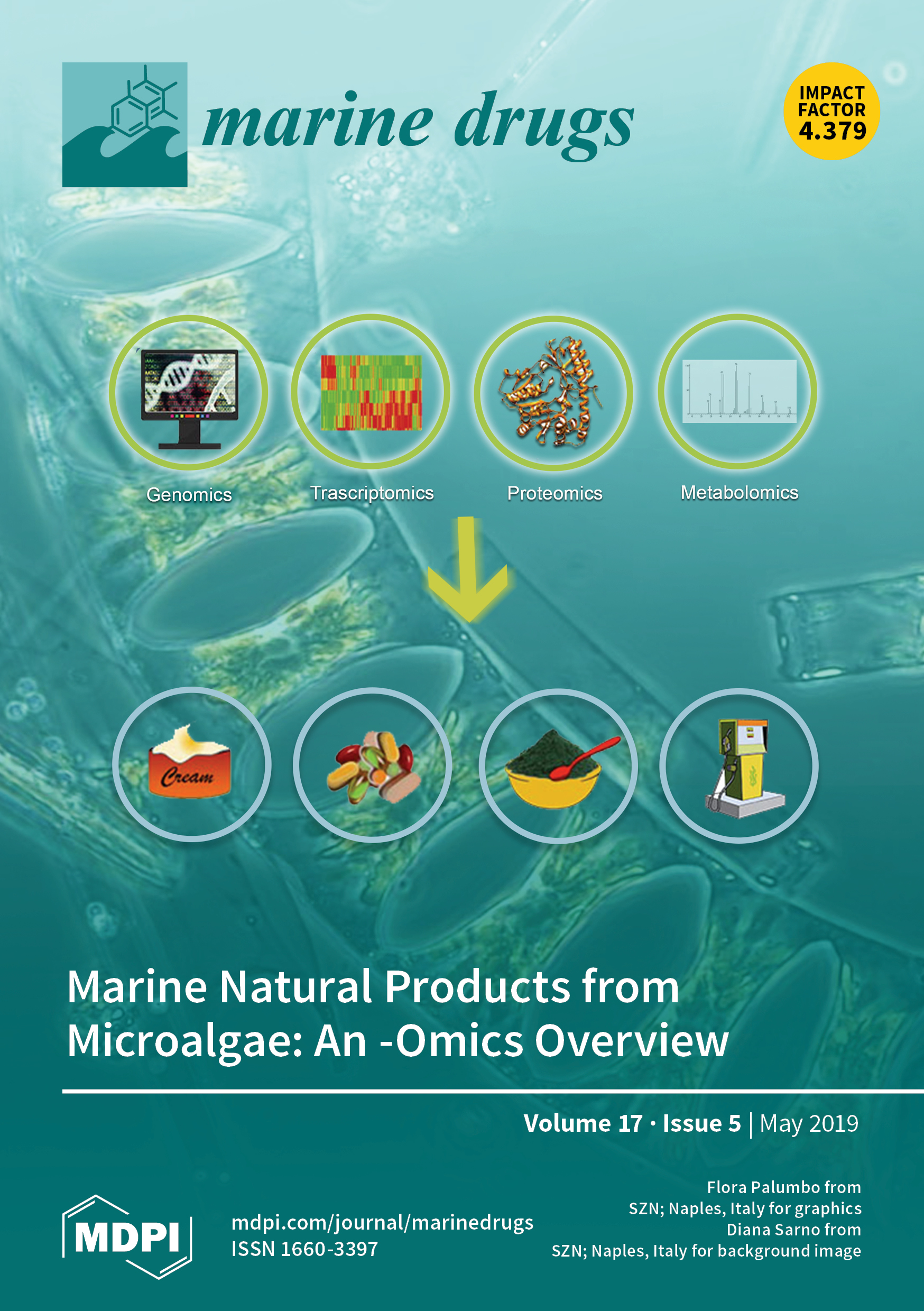Aerosolizable Marine Phycotoxins and Human Health Effects: In Vitro Support for the Biogenics Hypothesis
 Respiratory exposure to marine toxins in sea spray can induce both health‐affecting and potential health‐promoting mechanisms. All depends on the specific toxins and their inhaled dose. In this explorative (in vitro) study we used lung cells to examine this matter. As such we found that yessotoxins downregulate the important mTOR cell signaling pathway in lung cells. This pathway is related to multiple pathological conditions. In summary, this research supports the theory that the inhalation of natural products via sea spray is health promoting (i.e., the biogenics hypothesis).
Respiratory exposure to marine toxins in sea spray can induce both health‐affecting and potential health‐promoting mechanisms. All depends on the specific toxins and their inhaled dose. In this explorative (in vitro) study we used lung cells to examine this matter. As such we found that yessotoxins downregulate the important mTOR cell signaling pathway in lung cells. This pathway is related to multiple pathological conditions. In summary, this research supports the theory that the inhalation of natural products via sea spray is health promoting (i.e., the biogenics hypothesis).
Scientific abstract
Respiratory exposure to marine phycotoxins is of increasing concern. Inhalation of sea spray aerosols (SSAs), during harmful Karenia brevis and Ostreopsis ovata blooms induces respiratory distress among others. The biogenics hypothesis, however, suggests that regular airborne exposure to natural products is health promoting via a downregulation of the mechanistic target of rapamycin (mTOR) pathway. Until now, little scientific evidence supported this hypothesis. The current explorative in vitro study investigated both health-affecting and potential health-promoting mechanisms of airborne phycotoxin exposure, by analyzing cell viability effects via cytotoxicity assays and effects on the mTOR pathway via western blotting. To that end, A549 and BEAS-2B lung cells were exposed to increasing concentrations (ng·L−1 – mg·L−1) of (1) pure phycotoxins and (2) an extract of experimental aerosolized homoyessotoxin (hYTX). The lowest cell viability effect concentrations were found for the examined yessotoxins (YTXs). Contradictory to the other phycotoxins, these YTXs only induced a partial cell viability decrease at the highest test concentrations. Growth inhibition and apoptosis, both linked to mTOR pathway activity, may explain these effects, as both YTXs were shown to downregulate this pathway. This proof-of-principle study supports the biogenics hypothesis, as specific aerosolizable marine products (e.g., YTXs) can downregulate the mTOR pathway.
Full reference (link):
Van Acker, E., De Rijcke, M., Asselman, J., Beck, I., Huysman, S., Vanhaecke, L., … Janssen, C. (2020). Aerosolizable Marine Phycotoxins and Human Health Effects: In Vitro Support for the Biogenics Hypothesis. Mar. Drugs 2020, 18(1), 46; https://doi.org/10.3390/md18010046
(This article belongs to the Special Issue In Vitro and In Vivo Approaches to Study Potential Marine Drugs)
